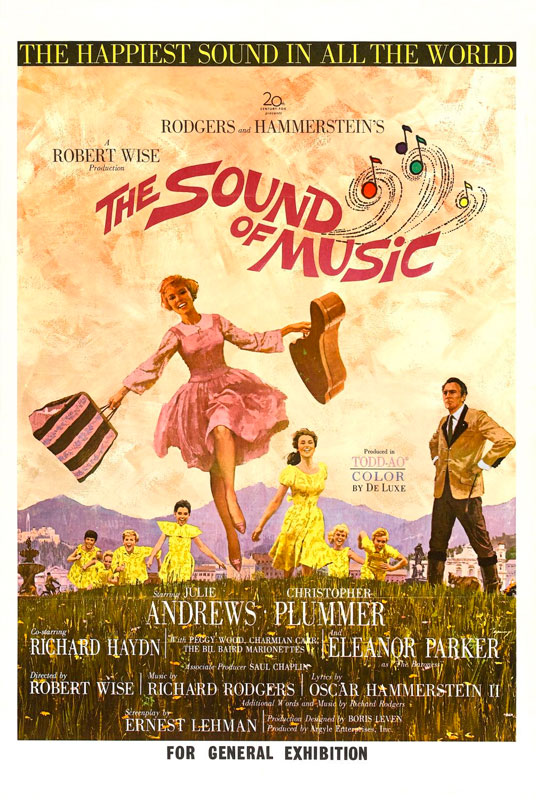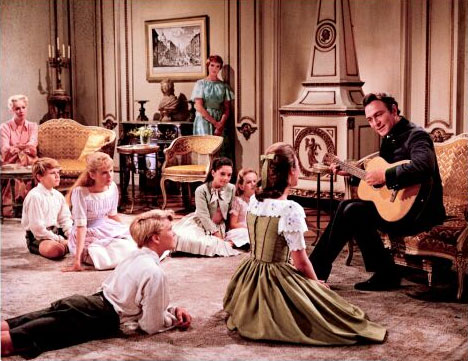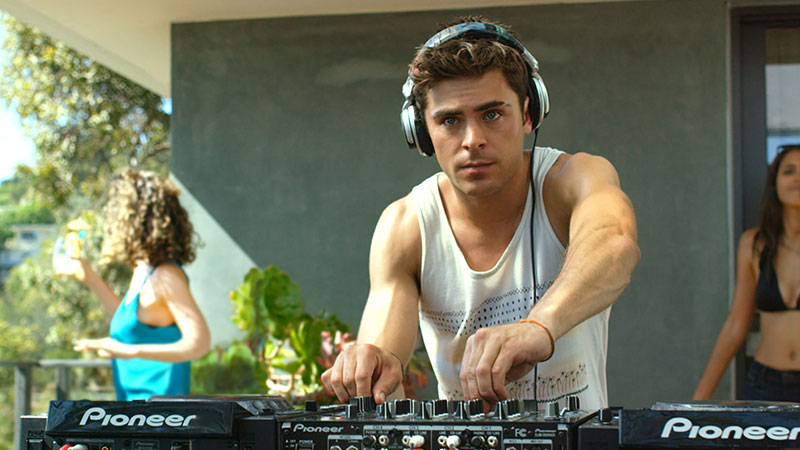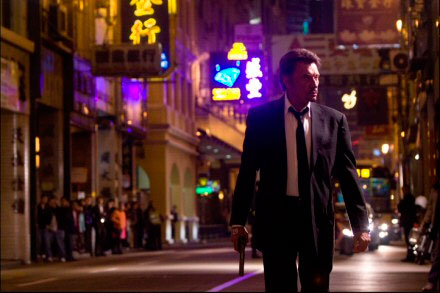The Sound of Music is a 1965 American musical film directed by Robert Wise and starring Julie Andrews and Christopher Plummer. The film is based on the Broadway musical The Sound of Music, with songs written by Richard Rodgers and Oscar Hammerstein II, and with the musical book written by the writing team of Howard Lindsay and Russel Crouse. Ernest Lehman wrote the screenplay. The musical originated with the book The Story of the Trapp Family Singers by Maria von Trapp. It contains many popular songs, including “Edelweiss”, “My Favorite Things”, “Climb Ev’ry Mountain”, “Do-Re-Mi”, “Sixteen Going on Seventeen”, and “The Lonely Goatherd”, as well as the title song. The movie version was filmed on location in Salzburg, Austria and Bavaria in Southern Germany, and also at the 20th Century Fox Studios in California. It was photographed in 70mm Todd-AO by Ted D. McCord. It won a total of five Academy Awards including Best Picture in 1965 and is one of the most popular musicals ever produced. The cast album was nominated for a Grammy Award for Album of the Year.

The Sound of Music,directed by Robert Wise and Starring Julie Andrews, Christopher Plummer, Nicholas Hammond. A woman leaves an Austrian convent to become a governess to the children of a Naval officer widower.
A sequence of aerial shots begins high in the misty Alps. Gradually we descend, flying over pastures, lakes and castles in the lush Salzkammergut foothills; we hear birds. In a pasture on the top of one hill we find Maria (Julie Andrews), exulting in the musical inspiration she finds there (“The Sound of Music”). We learn that Maria is a postulant in Nonnberg Abbey, where she is constantly getting into mischief and is the despair of the nuns (“Maria”). Maria’s life suddenly changes when a widowed navy captain, Georg von Trapp (Christopher Plummer) sends to the abbey for a governess for his seven children. Mother Abbess (Peggy Wood), unsure of Maria’s suitability for the abbey, asks her to take the position on a probationary basis; previous governesses, though, have not lasted long. Maria is worried about what awaits her at the von Trapp household, but is determined to succeed (“I Have Confidence”).
Maria finds that the Captain keeps his household in strict shipshape order, blowing a whistle, issuing orders, and dressing his children in sailor-suit uniforms. While the children are initially hostile to her, they warm to her when she comforts them during a thunderstorm (“My Favorite Things”). Liesl (Charmian Carr), who is “Sixteen Going on Seventeen”, sneaks in Maria’s window after a secret meeting with the messenger boy, Rolfe (Daniel Truhitte). At first she is adamant that she “doesn’t need a governess,” but Maria offers to be her friend, and she acquiesces. Maria teaches the children both how to sing (“Do-Re-Mi”) and how to play, sewing playclothes for them from discarded drapery.
The Captain entertains a visit from a lady friend, Baroness Elsa Schraeder (Eleanor Parker), a wealthy socialite from Vienna, along with mutual friend Max Dettweiler (Richard Haydn), who is intent on finding an obscure musical act to launch at the upcoming Salzburg Music Festival. Upon their arrival at the villa, the Captain becomes aware that Maria has been taking the children, Liesl (Charmian Carr), Friedrich (Nicholas Hammond), Louisa (Heather Menzies), Kurt (Duane Chase), Brigitta (Angela Cartwright), Marta (Debbie Turner), and Gretl (Kym Karath) on picnics and bicycle rides, climbed trees with them, and taken them in a boat on the lake adjoining the Captain’s estate; Maria, standing up in the boat, loses her balance the boat capsizes, throwing her and all the children into the water (all wearing their clothes made from former curtains). He dismisses the children to the house and turns his wrath on Maria. She begs him to pay attention to the children, to love them, but he orders her to return to the convent. When he discovers the children performing a reprise of “The Sound of Music” for the Baroness, he changes his mind. Maria has brought music back into his home, and he begs her to stay, after all. Things get better at the household. Maria and the children perform a puppet show (“Lonely Goatherd”) that Max gave to the family. Max announces that he has entered the children in the Salzburg Festival; the Captain, however, forbids their participation. Maria and the children insist that the Captain sing a song, knowing that he used to play and sing with a guitar as well, and he agrees (“Edelweiss”). At a soiree thrown in Schraeder’s honor eleven-year-old Kurt observes guests dancing the Laendler, an Austrian folk dance, and asks Maria to teach him the steps. The Captain, watching from the sidelines, cuts in and partners Maria in a graceful performance, culminating in a close clinch which impacts heavily on the pair. At that moment Maria breaks off and blushes, stammering that she can remember no more.
The children perform “So Long, Farewell” to say goodnight to the guests, and shortly after, the Baroness, jealous of Maria, convinces her to return to Nonnberg, where she keeps herself in seclusion until the Reverend Mother confronts her, urging her to “Climb Ev’ry Mountain” in search of God’s will for her. At the Reverend Mother’s command, Maria returns to the von Trapp family, finding that the Captain is now engaged to the Baroness. Von Trapp, however, breaks off the engagement, realizing that he is in love with Maria, not Elsa. He meets Maria in his gazebo and they declare their love for each other (“Something Good”). Sometime later, the two wed. While they are away on their honeymoon in Paris, Max, against their father’s previously-stated wishes, grooms the children to perform in the Salzburg Music Festival. At the same time, Austria is annexed into the Third Reich in the Anschluss. When the Captain returns, he is informed that he must report to Nazi headquarters to accept a position in the Navy. He is opposed to Nazism, and stalls by insisting he must perform in the Salzburg Festival, now politicized and showcased as a Nazi event under the patronage of Zeller. The choreography of the final song, “So Long, Farewell,” allows the family to leave slowly, a few at a time, and as the winners are announced, they flee. At first they hide in Nonnberg Abbey, but are discovered by Rolfe, (who had joined the Nazi party), and flee. The Nazis are unable to pursue them, as the nuns have stolen their spark plug wires and ignition coil. The final shot shows the von Trapps climbing over the Alps into Switzerland, as “Climb Ev’ry Mountain,” reprised by a choir, swells to a grand conclusion.
Darryl and Richard D. Zanuck originally asked Robert Wise to do the film, but he turned it down because it was “too saccharine”. They then approached Stanley Donen, Vincent Donehue, Gene Kelly, and George Roy Hill, but they all turned it down. Zanuck next asked William Wyler to direct the film. Because he was suffering from a loss of hearing that affected his ability to appreciate music fully, Wyler felt he was the wrong man for the job, but he agreed to fly to New York and see the Broadway production. Feeling many of the songs did not evolve organically from the plot, he remained undecided and wrote to the producer of Die Trapp-Familie, a 1956 non-musical film about the von Trapps starring famous German screen star Ruth Leuwerik, to ask his advice. “This cannot fail,” he responded, and Wyler accepted the assignment. Wyler had seen the original Broadway production of My Fair Lady and had been impressed by Julie Andrews, who was in the process of filming Mary Poppins. He met with her on the set and asked Walt Disney if he could see some of the dailies. Convinced she was perfect for the role of Maria, he signed her to a contract.
Wyler returned to New York and met with Maria von Trapp, then he and screenwriter Ernest Lehman and their wives flew to Austria to begin scouting locations in the Tyrolean Alps. There they visited the convent where von Trapp had been a novice, and Wyler discussed the possibility of filming scenes there with the Mother Superior. He then met with the mayor of Salzburg. Wyler was concerned that the presence of a film crew shooting German troops parading before buildings draped with the Nazi flag would be a harsh reminder of the Anschluss for those who had experienced it. The mayor assured him the residents had managed to live through it the first time and would survive it again. Wyler returned to Hollywood and began pre-production work on the film, but his wife realized his heart clearly was not in it. Then he was approached by Jud Kinberg and John Kohn, neophyte film producers who had purchased the rights to the John Fowles novel The Collector prior to its publication. They had a commitment from Terence Stamp to star in the film and a first draft screenplay by Stanley Mann. Wyler was impressed with the script and, feeling an affinity with the project he did not with The Sound of Music, he asked the Zanucks to release him from his contract. They agreed, and Robert Wise, who became available due to delays in production of The Sand Pebbles, was hired to replace Wyler.
All songs have music by Richard Rodgers and lyrics by Oscar Hammerstein II unless otherwise noted. Instrumental underscore passages were adapted by Irwin Kostal. “Edelweiss”, thought by some to be a traditional Austrian song or even the Austrian national anthem, was written expressly for the musical by Rodgers and Hammerstein. Originally unknown in Austria, it has been promoted heavily there ever since, especially in Salzburg. The songs “How Can Love Survive?”, “An Ordinary Couple”, and “No Way to Stop It” were not used in the film version. The omission of those songs had to be approved through Richard Rodgers. There were four extra children singing with the main children to add more effect to their voices, including Darleen Carr, Charmian Carr’s younger sister. However, these children were uncredited. Darleen Carr sang Kurt’s high voice, during the reprise and “sad” versions of the title song, as well as the high “BYE” in the song “So Long, Farewell”, and later for Gretl in its reprise towards the end of the film.
The film premiered in the United States on March 2, 1965. It ultimately grossed over US$158 million at the U.S. and Canada box office, and displaced Gone with the Wind as all-time champion. Adjusted for inflation, it made $1.046 billion at today’s prices, putting it third on the list of all-time inflation-adjusted box office hits, behind Gone with the Wind and Star Wars. The soundtrack album on the RCA Victor label has sold over 11 million copies worldwide, and has never been out of print. The soundtrack album was included in the stockpile of records held in 20 underground radio stations of Great Britain’s Wartime Broadcasting Service, designed to provide public information and morale-boosting broadcasts for 100 days after a nuclear attack. The Sound of Music is credited as the film that saved 20th Century Fox, after high production costs and low revenue for Cleopatra nearly bankrupted the studio.
Every year starting in 2005, the Hollywood Bowl in Los Angeles, California holds an annual Sound of Music sing-a-long, where the film is played with lyrics underneath the screen. The actors who played the Von Trapp children in the film along with the real Von Trapp children have made appearances at this event. Called “The Rocky Horror Picture Show on Prozac”, this event has sold out every year since its inception. This movie has also featured a parody in Mad magazine. The song “The Sound of Music” was used in the movie Moulin Rouge!, in the green fairy sequence featuring Kylie Minogue, who later used the recording in her 2002 and 2009 tours. The actors portraying the Captain, Maria, and the seven children appeared together for the first time since the film’s release on Oprah on October 28, 2010, in honor of the film’s 45th anniversary.




